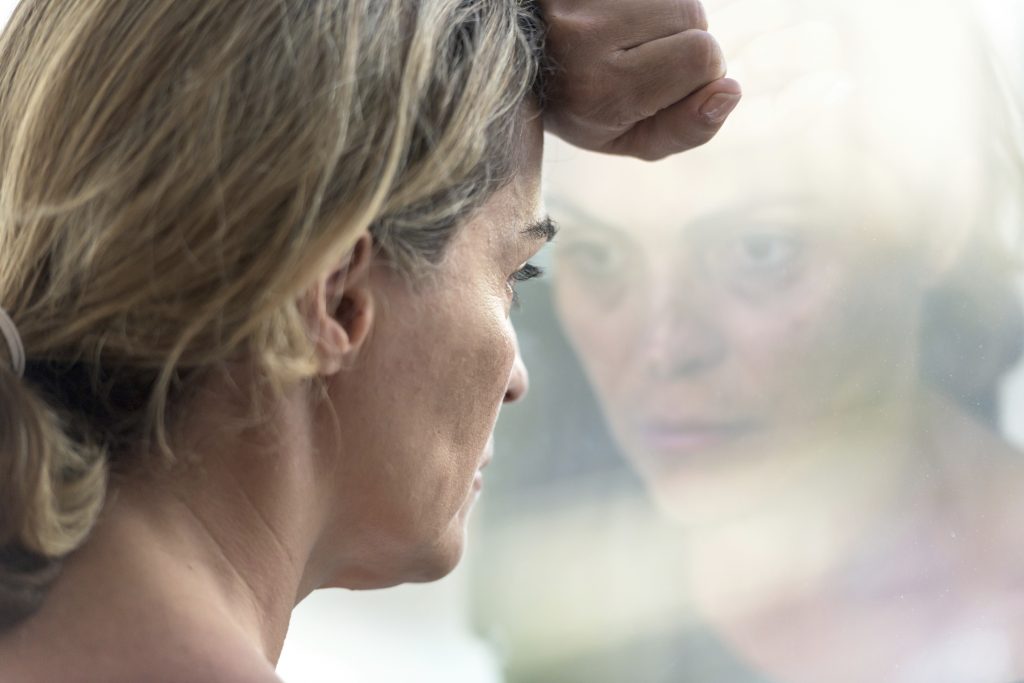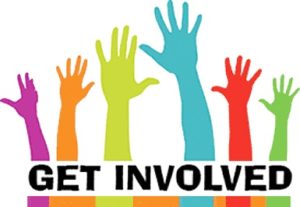In this month's PAC-UK guest blog Patsy Bolton (a freelance counsellor for PAC-UK) shares an honest account of supporting Hannah* (who is deaf) via WhatsApp over the past 18 months. A huge thank you from all at PAC-UK to Patsy and Hannah for sharing their story and experience of working together.*Hannah’s name and some other identifying details have been changed in order to maintain anonymity.

When I was asked to work with Hannah I felt concern and somewhat de-skilled. I’ve been a counsellor at PAC-UK for many years and although I had worked with a few profoundly deaf clients, I’d never had the experience of doing so online.
Hannah could lip-read, which would have worked had we met in person. She conveyed however being unable to do so on video, the format we’ve mostly all had to resort to in the last 18 months. The form of her deafness meant the phone wasn’t an option.
Hannah was willing to give chat and type on WhatsApp a go. I was anxious about wrestling with the technology but at least I could type quite fast. I suggested we give each other a wave on video at the beginning and end of each session.
Although I do telephone counselling when requested, I love the impact seeing another makes. In my experience, even if the only form of meeting has been online, seeing them forges a connection that allows me to engage with the other person. A smile was in this case, worth a thousand words.
Hannah who is 24, is a birth parent who acted as surrogate to a male couple she was close friends with when their arrangement fell through. She emphasised it was her choice but what she hadn’t predicted were the complex emotions involved in relinquishing her daughter. Unexpected feelings of loss and guilt were all pervasive with fears of being deprived a role in her child’s life.
Self-recriminations and depression would follow with anger and mistrust towards her friends. Hannah had never had a significant relationship. She yearned for this and of having a family of her own one day.
Some of her emotions were due to postnatal reasons but as I learnt, much was exacerbated by Hannah’s background of family loss and previous mental health difficulties including depression. She was also quite socially isolated and frustrated that getting the career she wanted was impeded by societal reactions to her deafness. Hannah had worked in a community setting but that job had been of low pay and was short term.
When Hannah contacted the PAC-UK Advice Line her hope as later shared with me was “to just work out my confused thoughts and feelings and to release what I’ve possibly been hiding from.”
I want to initially raise what we both struggled with using typing as our means of communication. I was frustrated by how hard it was initially to maintain a therapeutic alliance where meanings could in words, especially if ill-timed, be misconstrued or even seen as attacking.
There were time lags or answers given to a previous question or remarks so things frequently got out of sync. We both felt unsure whether one or the other had something extra to add. In waiting for Hannah to respond I never knew if she wanted to remain silent, was unhappy with the way the session was going or was simply giving a lot of thought to what was being aired.
I admit at times to being too quick to add comments when she was silent. Hannah needed to take her time and gradually I was more able to hold myself back and cultivate patience in the face of uncertainty. There was no voice tone nor body language to interpret to alert me to any shifts in Hannah’s moods. Flashes of despair, anger or misconstrued feelings of criticism towards myself occurred.
What really helped, despite the time involved in the process of thinking, typing and waiting, was that Hannah could express her discontent to me so that as she began to feel understood and acknowledged. In this way we were able to make a fruitful alliance.
Exacerbating her perception of me as critical i.e. when I said to her that I was concerned that I may be leading the session too much (and I feel I was more directive than if we’d been in the room together) Hannah thought I felt as if she was not sharing enough.
As our sessions progressed I heard more about her feelings of shame and guilt “it’s like lead in my stomach”. I assisted Hannah by offering self-soothing techniques, by normalising her shocked feelings of grief and by providing links to psychoeducational adoption and surrogacy related resources.
I shared my view that she may have post-partum depression coupled with the effects of surrogacy, her previous difficulties and hoped-for future. I recommended to Hannah that she consult her GP about this possibility which she did with a beneficial response.
Being bright, articulate and insightful all contributed towards Hannah’s progress. In the time we had she moved from attributing her fears and projections towards ‘the fathers’ to owning them herself.
I encouraged Hannah, who was afraid that any assertion would alienate them, to nevertheless work collaboratively. She was able to show me with delight, the wonderful life story book that she had created and given to the fathers for her daughter.
Hannah began to realise that they were in fact quite open people albeit wanting to forge their identity as parents. Nevertheless they appeared willing to accept the suggestions Hannah and I considered regarding ways her daughter could know and understand more about her.
When we had our final review, despite the rather unwieldy way the sessions had been delivered, Hannah expressed what she had gained. “If it wasn’t for that I don’t know how else I would have received the support I needed.” I asked, “can you say what you feel has improved in relation to the experience of surrogacy?” Hannah responded:
"I think the ‘bond’ has settled. It’s nice to know and feel I will always have that connection with the baby and that’s something that cannot be taken away, regardless of what else happens. I think it’s an acknowledgement that I’m more than just a womb-for-rent."
Hannah felt supported by me and enabled to “get to a better place”. I have no illusions that she will need further counselling at some stage but I hope feeling more settled and accepting of herself will sustain her through inevitable difficult times.
Patsy Bolton | November 2021

Become a PAC-UK 'guest blogger'
Please note, all content published on this page is provided by our guest blogger/s, based on their real-life experiences. We invite you to discuss this blog via PAC-UK's Twitter profile and ask you to tag @PACUKadoption in to your posts and use the hashtag #PacukBlog
This blog is the nineteenth of our regular 'guest blogger' platform which we started in 2019. We would love to hear from adoptees, birth parents (and relatives), adoptive parents/carers, special guardians and professionals who are interested in taking part in future blogs. If this interests you please email leon@pac-uk.org.




